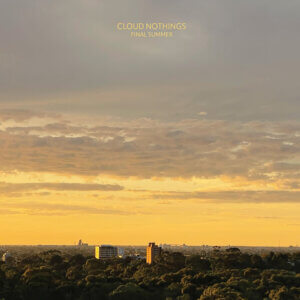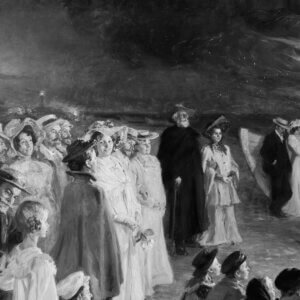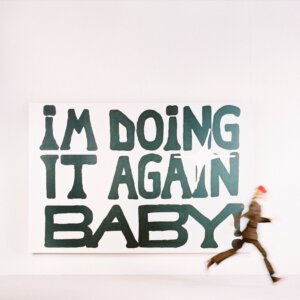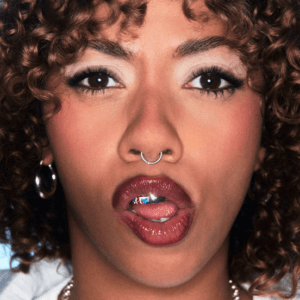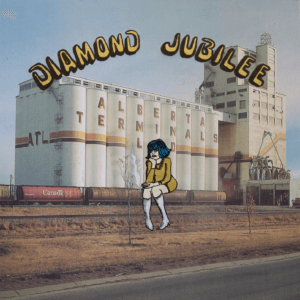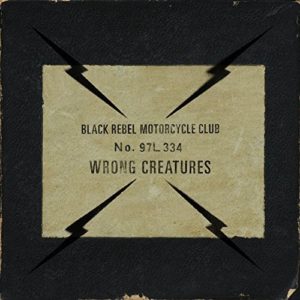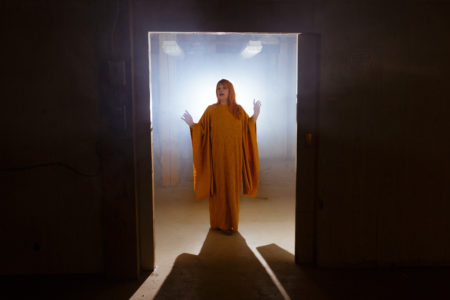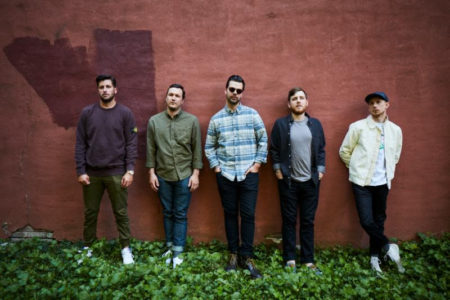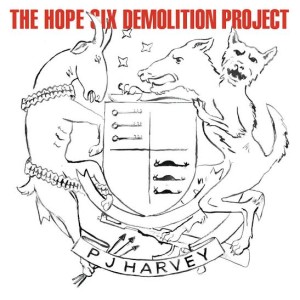LP and the Currency of Songs
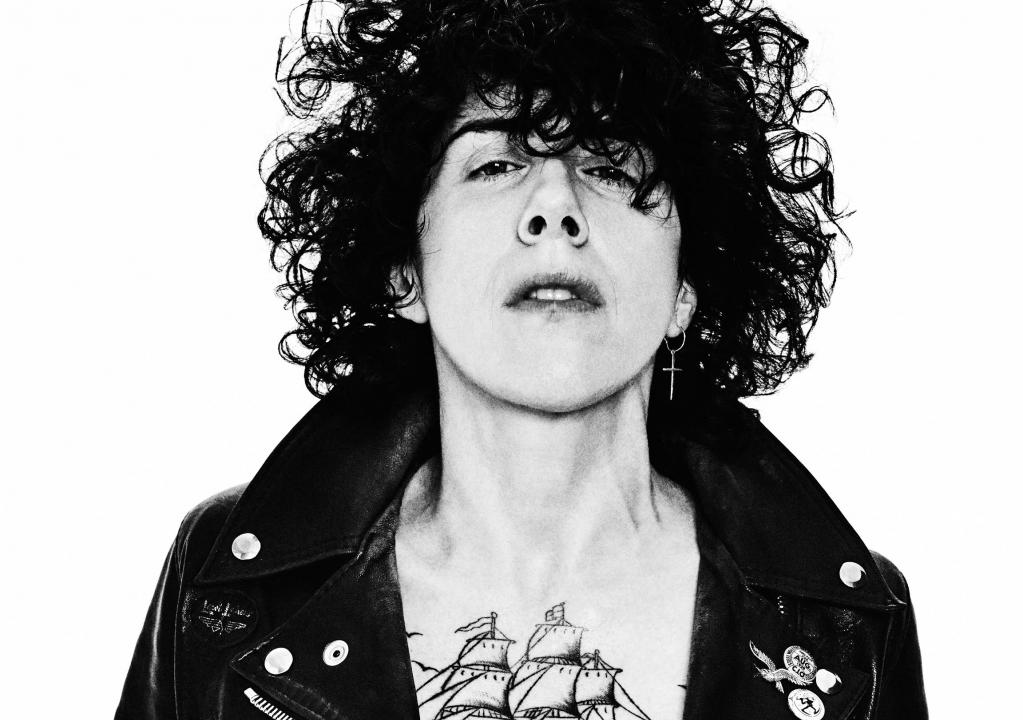
Few artists have career quite like LP. After being picked up by labels in the late 90’s, Laura Pergolizzi (LP) has drifted in and out of the solo sphere while writing songs for artists like Rihanna and Cher. Though she’d almost given up, things have finally seemed to snowball since her track “Lost On You” which spawned an album. We caught up with LP ahead of her at MTELUS in Montreal on February 28 to talk about her upcoming record, why getting dropped by a label was helpful and how the ukulele helped open her up as a writer.
Northern Transmissions: Obviously you’ve had an extensive career in music, and you’ve popped in and out as a solo artist, so what about ‘Lost On You’ do you think has made it all stick?
Laura Pergolizzi: It got played on the radio, bottom line. “Into The Wild” was never even pitched for radio, it was only known for a commercial. “Lost On You” made its way to the radio in Europe, and more people heard. Maybe it also struck a chord but it’s really the difference with getting something on the radio.
NT: Your label actually dropped you for that song at the time but I read that you’re actually thankful for that, why is it?
LP: It was really the best possible outcome. This kind of talk about major labels doesn’t really serve artists, I’m just offering the basics since you ask. But at the end of a three year stint with a major label, you can imagine I owed them a considerable amount of money, and I personally got in the wrong hands of a high-creative there who had spent a lot of money on my record. When new people came in and thought that I wasn’t really their thing, and then saw how much money I owed, they heard the song and cut me. I lost all the debt, which was amazing because I’d still be paying it back. Then the song blew up, while I was on a small label. I’m forever grateful to those people who couldn’t hear my song then.
NT: You always talk about being 50-100 songs away from another song, so how do you manage to keep the songs flowing so frequently.
LP: Songs are currency in this business. Whether you’re an artist or a songwriter, the song is the currency. You don’t get bigger or to the next level without a song that gets you there. When I stopped getting attached to one song and its possible futures and stopped putting that pressure on one song, I’d move onto another song. That kept the muscle going and my inspiration too. Painters don’t slug around one painting their whole lives and say, “Look, I’m a painter.” They paint a shit-tonne of paintings. I move onto things to let songs breathe. Even when an album is doing well, I’m already writing songs for the next one.
NT: Has there been anyone from your career as a studio songwriter that really influenced or gave you a different outlook on your solo career?
LP: There wasn’t a particular artist, but being a writer for others, and having to write for others has affected me. Trying to zero in on a particular person, trait or idea on command every day, was really what inspired me. I had no idea before I was signed to a major that I could do it. I would write 15/16 songs a year and say “I’m a genius.” Then when I was forced to write 100 songs a year, there were songs that I didn’t like or songs that I didn’t think much of that I wanted to listen to over and over again. It made me want to delve in and write more to discover myself through that. I found there were songs that were building blocks to other songs.
NT: What exactly is the balancing act like between song writing and your solo career, or do you have a certain freedom there?
LP: I just keep writing songs, no one’s pressuring me to write songs for other people right now since I’m up and running. I’m writing a new record for myself, and that’s a lot already. I’m keeping up my writing with other people when I can, If I can! I enjoy it, it’s a respite from myself and it’s nice if I can get the time.
NT: Despite being known for your ukulele, you started using it on a whim, so what made it become your go-to writing tool?
LP: It just inspires me, I don’t know why. It kind of allows the quiet part of my brain to think straight, and it brings those other melodies out. It’s like when you’re friends with a quiet person and their gentle nature allows you to think and relax. I started playing it after a three-year stint with major labels. I had every thought that that was it for me. I did not write a Rihanna song on it by the way, if you’ve read that. I was telling this English journalist that I brought it to the Rihanna session for “Cheers” but I would play it after the track stopped booming, and I would write words. I would take it to big sessions like that, because it was this small conversation piece and a fun thing. Next to monstrous tracks, it seemed like fun and brought levity to trying to write songs for such big artists. It opened this door in my heart to enjoying and just sitting along. All these whistle melodies came to me too, I started enjoying it a lot more and my manager encouraged me and then songs came out. Things started coming together and then I got my deal with Warner Bros. and finally I was on stage playing ukulele and whistling.
Words by Owen Maxwell
Latest Reviews
Tracks
Advertisement
Looking for something new to listen to?
Sign up to our all-new newsletter for top-notch reviews, news, videos and playlists.
